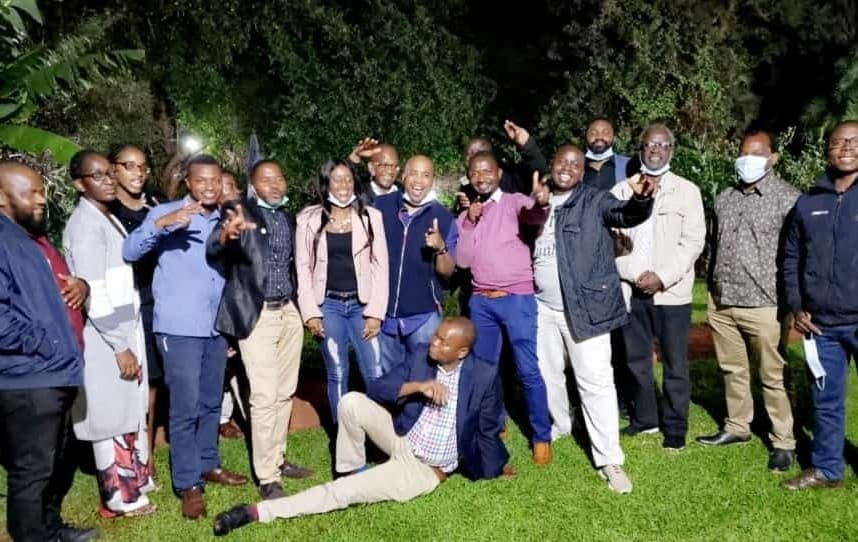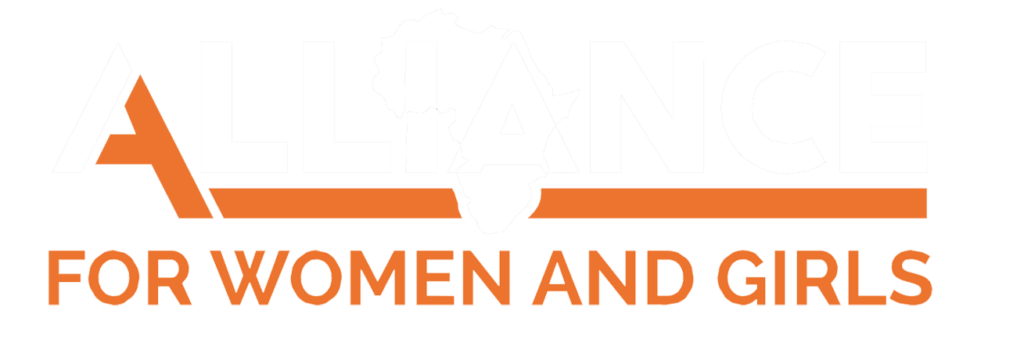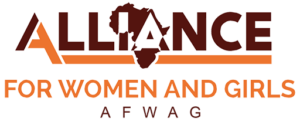
In Harare’s townships, a grassroots movement is teaching men that real strength means speaking up for women’s rights
Chaka Ruzvidzo still remembers the moment everything clicked. Standing before a room of skeptical men in a Harare township four years ago, the activist wasn’t trying to lecture them about feminism.
Instead, he asked a simple question: “What kind of sons do you want to raise?”
That question became the foundation of Men 4 Equality Trust, a Zimbabwean nonprofit that has quietly revolutionised how gender-based violence is tackled across the country. Since 2021, the organisation has trained over 10,000 “Male Gender Champions”, ordinary men who’ve committed to challenging toxic masculinity in their homes, workplaces and communities.
“We’re not trying to dominate the gender space,” Ruzvidzo explains from his modest Harare office. “We’re trying to repair it, to humanise it, and to raise sons who no longer inherit silence, but courage.”
The approach is refreshingly pragmatic. Rather than preaching to the converted, Men 4 Equality meets men where they are – literally. Their champions work in mines, schools, churches and beer halls, starting conversations about consent, mental health and fatherhood in spaces where such topics were once taboo.
The organisation’s flagship programme, Bro Code, exemplifies this strategy. The digital media show, launched in 2022, reaches over 120,000 viewers annually with frank discussions about modern masculinity. Recent episodes have tackled everything from domestic violence to the pressures young men face in Zimbabwe’s challenging economy.
But it’s not just talk. In Mahusekwa, a rural district east of Harare, the organisation’s Goats for Girls Empowerment and Education project has transformed lives through an ingenious model: 100 men received goats for income generation, then passed offspring to support vulnerable girls’ education. To date, over 1,000 girls have benefited from the scheme.
The ripple effects extend far beyond Zimbabwe’s borders. In 2024, Men 4 Equality established a Regional Male Champions Network, spreading peer learning to neighbouring Zambia. This June, their Manicaland Male Engagement Symposium drew over 1,500 participants – one of the largest male-focused gender justice gatherings in the country’s recent history.
As a member of the African Women & Girls Advocacy Network (AFWAG), the organisation brings a unique perspective to intersectional gender justice. While traditional approaches often position men as the problem, Men 4 Equality frames them as the untapped solution.
The timing couldn’t be more critical. Zimbabwe, like much of southern Africa, faces endemic gender-based violence. Traditional masculinity often demands silence from men, even when they witness abuse. Men 4 Equality’s champions are breaking that silence, one conversation at a time.
Looking ahead, the organisation is exploring tech-based survivor support tools and mental health programmes for young men, addressing what research suggests is a root cause of gender-based violence.
For Ruzvidzo, the mission remains personal. “We’re raising a generation of boys who understand that protecting women isn’t about being their saviour,” he says. “It’s about being their equal partner in building a just society.”
In Zimbabwe’s townships, that revolution continues – one man, one conversation, one changed mind at a time.


